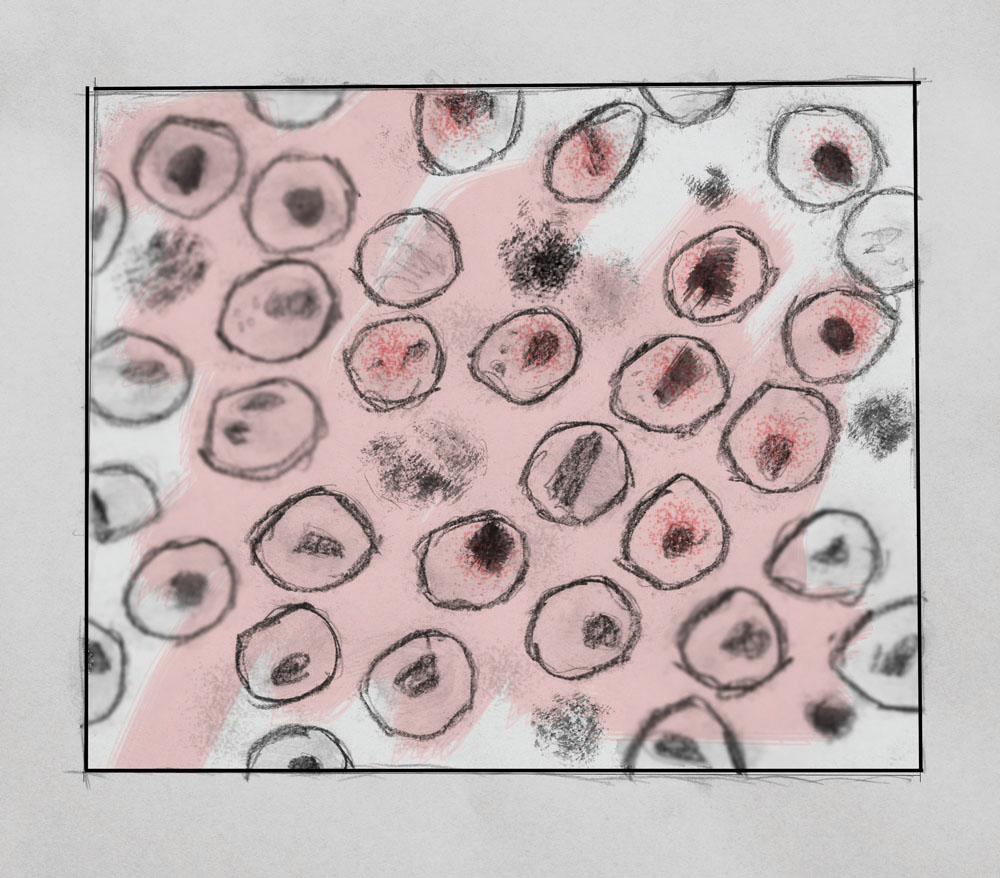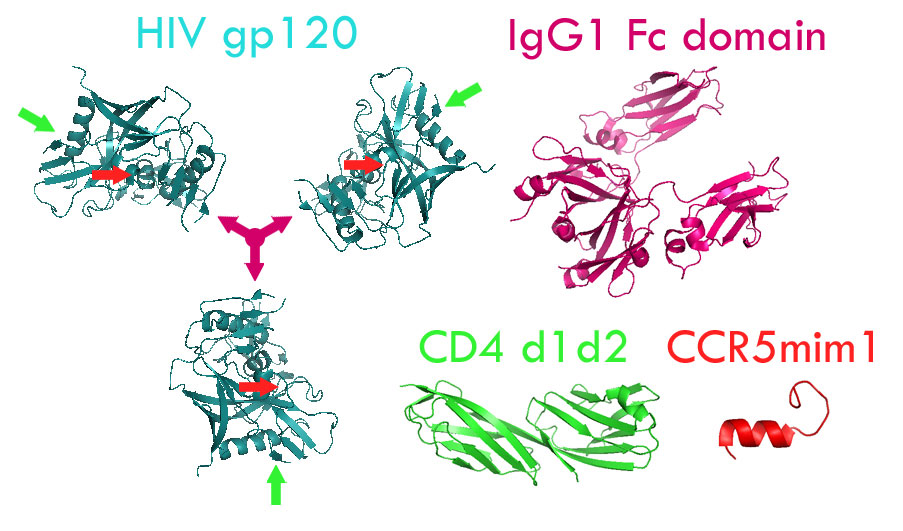A European court recently ruled that processes involving the use or prior destruction of human embryos are unpatentable. The decision came after a 2004 Greenpeace challenge to a patent held by Oliver Brüstle, a scientist at the University of Bonn in Germany, and has provoked controversy among scientists, patent lawyers and philosophers.
In 1997, Brüstle filed for a patent on methods for turning mammalian embryonic stem cells into neural precursor cells, which can be used to treat neural diseases such as Parkinson’s. A year later, a European Union directive deemed “uses of human embryos for industrial or commercial purposes” to be unpatentable.
Brüstle continued to hold the patent until 2004, when Greenpeace first challenged it at the German Federal Patent Court. The patent was declared invalid for all uses involving precursor cells derived from human embryonic stem cells. Brüstle appealed the decision to Germany’s Federal Court of Justice, and in 2009 the case was referred to the European Court of Justice to clarify the definition of human embryos, what constitutes “industrial or commercial purposes,” and whether products that involve the prior destruction of human embryos or processes that involve these products are patentable.
The ECJ made its decision on Oct. 18. The court defined “human embryo” as “any human ovum after fertilisation, any non-fertilised human ovum into which the cell nucleus from a mature human cell has been transplanted, and any non-fertilized human ovum whose division and further development have been stimulated by parthenogenesis.” They added that the 1998 directive covers inventions that involve the destruction of human embryos regardless of at what stage it happens or even if the description of the invention does not refer to human embryos at all. The ruling effectively invalidates Brüstle’s patent.
Greenpeace celebrated the decision. Lasse Bruun, the senior campaigner for Greenpeace International, said that the decision has “strengthened the protection of human life against commercial interests within the EU.” However, Brüstle characterized it as a “disaster,” saying that the decision would discourage researchers. Austin Smith, a stem cell researcher at the University of Cambridge in the UK, said: “One consequence is that the benefits of our research will be reaped in America and Asia.”
Russell Blackford, an Australian philosopher and bioethicist, responded to the ruling on the website of The Philosopher’s Magazine. Blackford argued that the decision gave legal effect to a “somewhat esoteric, and certainly contested, morality.” He did not find fault with the court’s legal reasoning, but argued that “at the least, there seem to be grounds here to consider whether the sweeping protection of human embryos in European patent law is really justified.”
The European patent office has not granted patents on human embryonic stem cells since 2006. With this new decision, national patent offices will have to follow suit.




